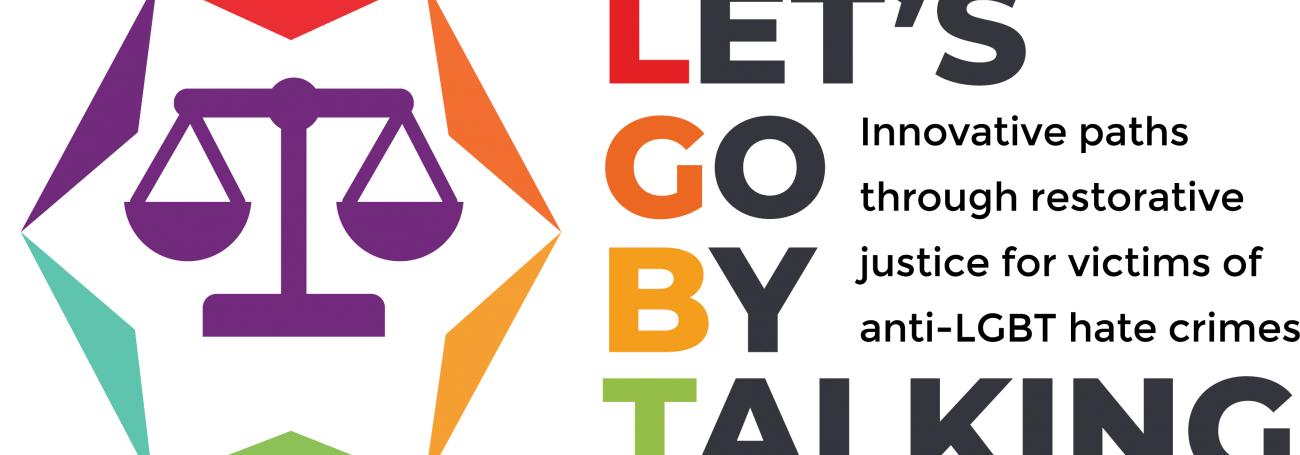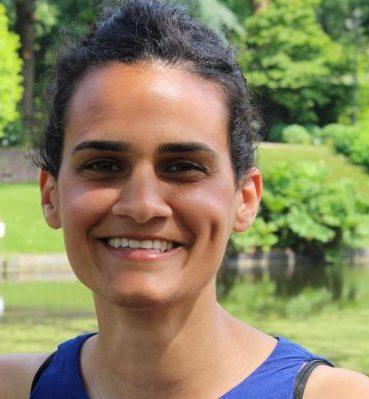What are your tasks in the project?
At the moment, I am working on the research part of the project, together with Çavaria, focusing on restorative justice in Belgium, and its application to anti-LGBTI hate crimes. At later stages, we will be organising knowledge-exchange workshops and supporting in the development of trainings on this topic.
What would you like to see or have as outcomes by the end of the project?
I think we are only in the infancy of understanding how restorative justice will and should be applied to this issue. There definitely are experienced mediators and good practices out there, but we need to invest in finding them and understanding how to strengthen each other’s capacities. I also predict that there will be a lot of knowledge exchange among countries, which is very important for this issue where the response for victims is at many different stages depending on the country.
You joined the EFRJ at a very strange time and although we have been working together for several weeks, we haven't seen each other in person yet. How do you cope with these special circumstances?
I am lucky that I already know a bit about how the EFRJ works, granted that was from 6 years ago. But I think it is why I don’t really feel as though I am entirely new, which helps. From what I have seen it’s a great team, and I am really happy to get to work with Edit and Manu again! I also make sure to drink Belgian beers after each team zoom to be sure I really feel integrated.
Do the measures resulting from Covid-19 affect the project? In which way?
As I mentioned we are now in the data collection phase, and you can imagine for qualitative work, online interviews are never ideal. At the same time, the coordinators and all partners are doing their best to ensure the project is not delayed, and we luckily can be a bit creative about it. Of course we will have to see what it will all mean for the workshops and trainings that will be held in later phases of the project, but we will absolutely find a way!



